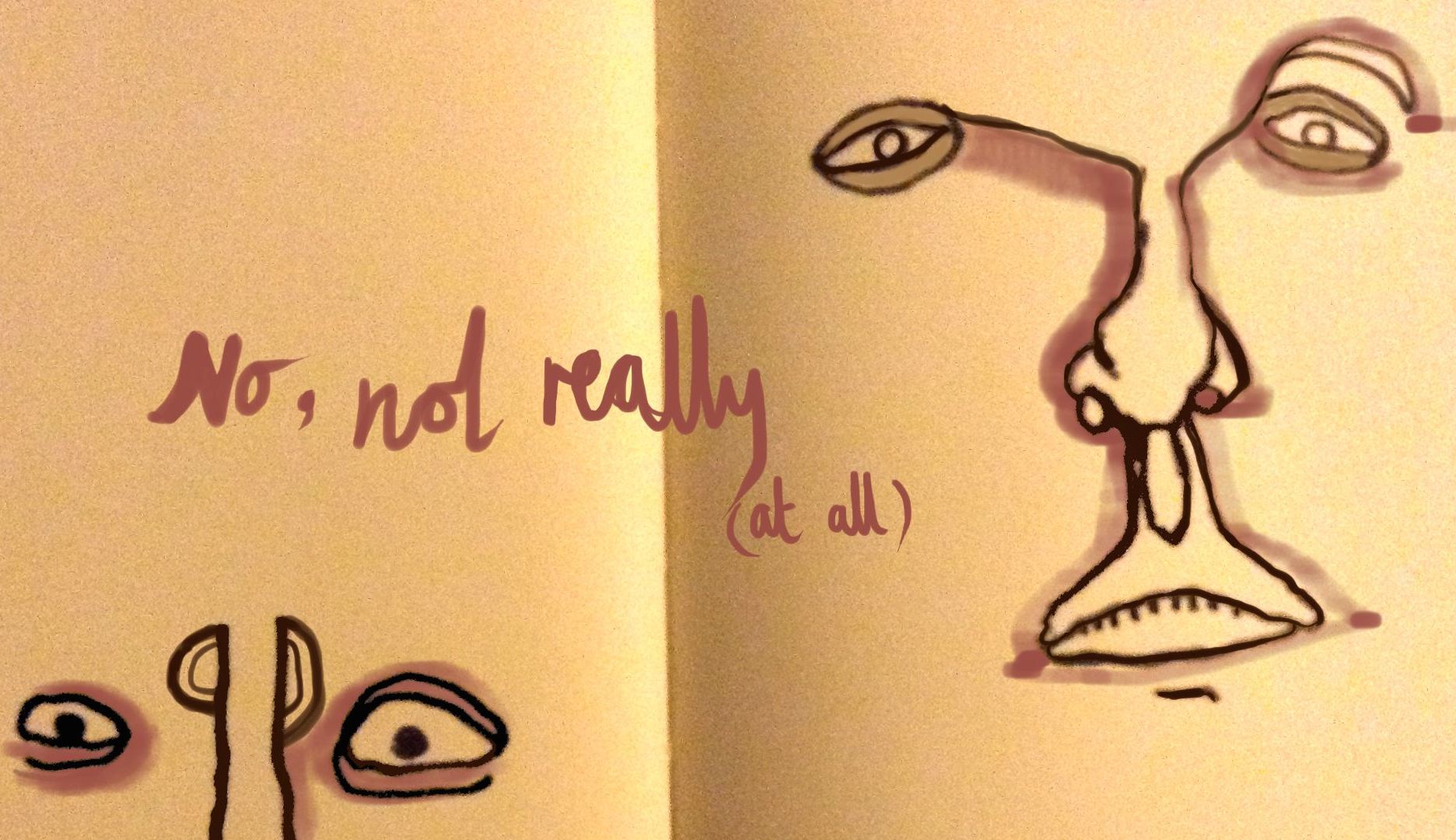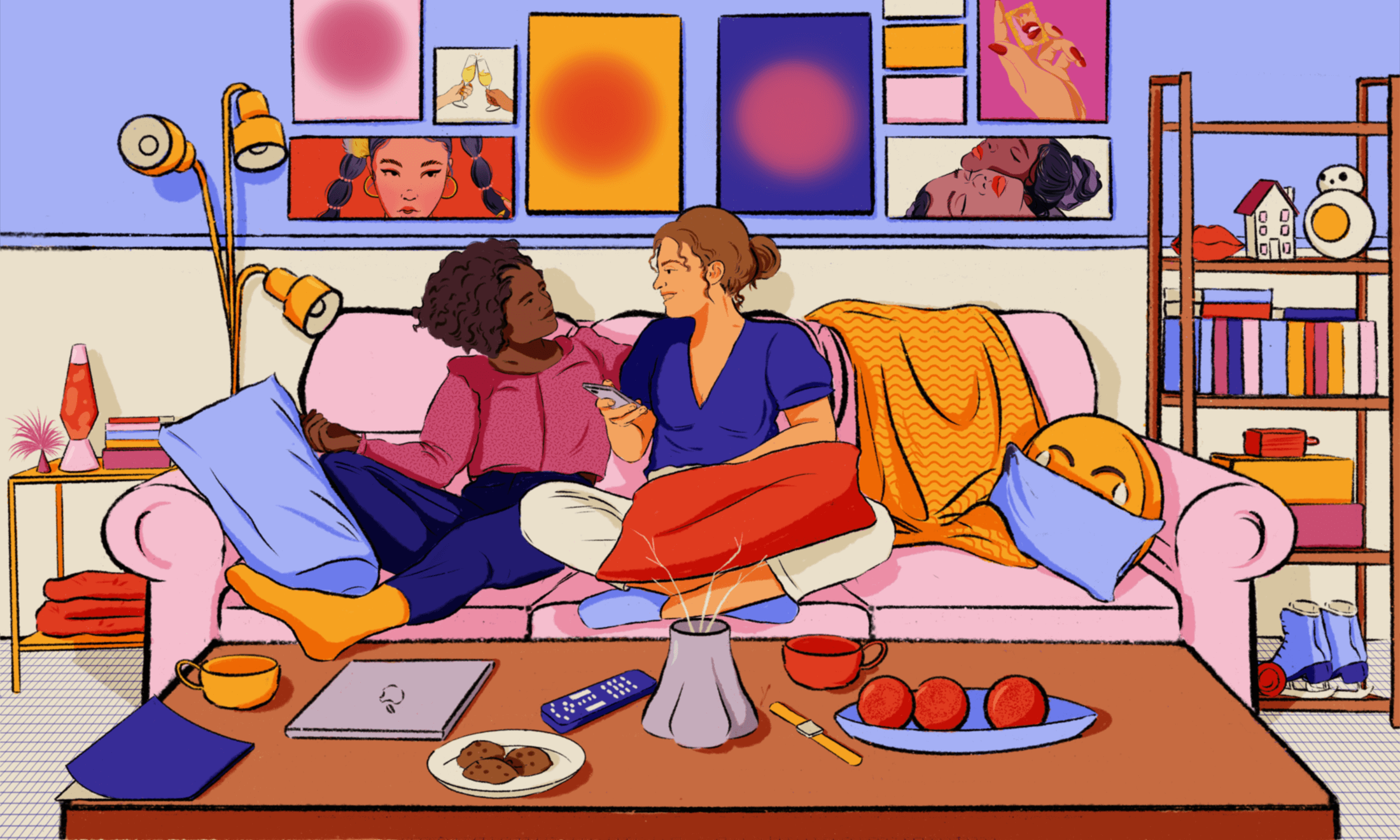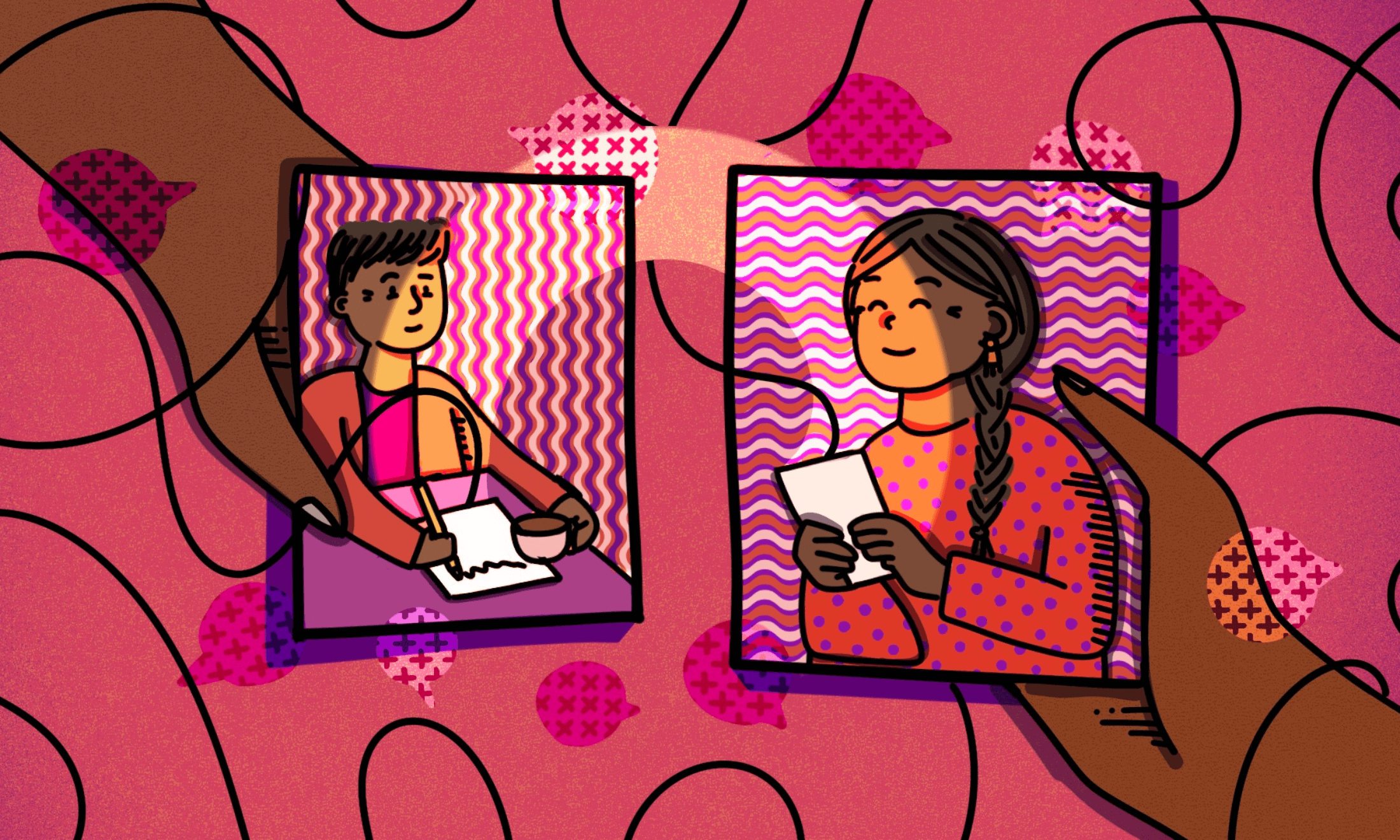
“Sadly “no” is an answer to a question that is rarely ever asked. – Anon, 22”
Back in February, I was going through some things. I’d recently had a series of unpleasant sexual interactions with a friend, where things had taken place between us that he had wanted and I hadn’t. I couldn’t work out how the situation had happened, how I had let it happen, or why I couldn’t find the voice to say no. At the same time, Amber Rose had made headlines for schooling Tyrese and Rev Run on consent. The two things compounded in my mind, and I posted a Facebook status that I hid from all the men on my friends list to invite an open discussion on consent between the women I know. Below is an edited version of that status, and some of the responses I received. Women to women, this is a conversation about consent.
https://www.youtube.com/watch?v=SvdG5OdQ3wU
“Can we talk about sex for a second? Sometimes, I feel like I’m living in the Twilight Zone. I keep watching that video of Amber Rose teaching Tyrese and Rev Run basic lessons in consent: that no means no. These are grown men she’s addressing, and they’re still confused about what consent is. But there was one thing that stood out to me, that I think explains why they still don’t get it. Tyrese says this: ‘There’s an energy that’s being sent out there that creates that type of response’.
Meaning, if you’re giving off an energy that seems like you want to have sex, then it’s taken as you want to have sex.
But how is it that so often men (and I’m speaking predominantly about cis-heterosexual relationships here) can feel so adept to picking up on when a woman is giving off an energy like they want to have sex, but totally oblivious when they don’t? How is it that men feel so sure that they can tell when a woman’s body language is consenting, but need specific verbal clarification when it isn’t?
“I think, in a general sense, those perceived as women are conditioned not to say ‘no’ and this also translates to a sexual context. – Halimah”
I’ve been in situations where everything about my body language is saying no. I’m shuffling away from the other person. I’m moving their hands away from my body. I’m refusing to approach them, initiate touching them, even look them in the eye. My body is rigid. And still, they’ve been persistent. It can get to a point where it’s like I can’t even say ‘No’ anymore. I’ve given off every hint in my body language that suggests I don’t want to have sex, hints which are ignored, so it seems ridiculous to actually have to voice that it isn’t what I want. Can’t they tell that I’m not feeling it? It feels like my consent has already been denied. So it happens anyway.
“It puts an edge on every interaction I have with a man. It makes me constantly aware of how quickly that power dynamic between two people can slip and become uneven. The fact that sadly, this isn’t about good men and bad men. Good men can assault and rape – they are socially conditioned to not even recognise what these situations look like. – Vanessa”
I keep imagining if it was the other way round. If I was trying it on with a guy and they physically moved my hands away from them, it wouldn’t even occur to me to keep trying. It would repulse me to keep trying when someone was making it so clear that they didn’t want it to happen. I wouldn’t need someone to verbally say ‘No’ to know that it was time to stop.
When was the last time a man actually asked if you wanted to have sex? Honestly? From recent memory I think one person I’ve slept with has actually asked me, explicitly, if I wanted to do it. That’s not to say every other time I’ve had sex hasn’t been consensual, but there have been occasions where, had I explicitly been asked for my consent, the answer would definitely have been no.
“This dude kept orchestrating situations where we’d be in bed together and he’d try it on with me and after I repeatedly told him I didn’t feel for him like that, I ended up apologising for leading him on. – Anon, 21”
“”Yes means yes” is a better slogan because it emphasises affirmative consent, the only problem is it doesn’t account for people changing their minds. – Anon, 21”
I told a male friend once that nearly all the women I know had been sexually assaulted in some way. He responded first with shocked confusion, and then with, ‘Yeah, but that could mean something as small as having their ass touched’, as if there are levels to this that make it somehow less inappropriate. And it made me think, if most of the women I know have had sexual encounters with men that they probably would rather not have had, were they asked, it makes me feel like most of the straight men I know have probably had sex with women who did not, at that moment, want to have sex with them. But they had sex anyway, because the only rule to consent that they’ve been taught is the verbal one, that ‘saying no means no’… and she didn’t say no.
And what about when ‘no’ doesn’t work? There are times I remember from when I was a teenager, telling old boyfriends that no, I didn’t feel like having sex, and the response being “Well, can I at least get some head?” as if that’s some sort of compromise. As if what ’no’ really means is ‘I don’t feel like personally being sexually pleasured but I’ll happily sexually pleasure someone else’. Nah, fam. No means I don’t want to do anything sexually. Full stop.
“This whole situation is such double bind. Not only do we have to deal with this constant anxiety when navigating interactions with men, but I feel a pressure to conceal this anxiety/ appear carefree and happy, so as not to appear like ‘broken goods’. How often is the trash joke ‘who hurt you?’ spouted as soon as a woman reacts emotionally to something? And the thing is, more often than not when I’m being made to feel uncomfortable in a sexual situation I find myself – almost automatically – going through some next performative movements trying to make sure the dude doesn’t feel uncomfortable. – Anon, 20”
’No means no’ is a good rule, but in practice it doesn’t work. We should be teaching, ‘If you’re initiating sex with someone, ask them if they want it’, not ‘If someone’s trying to have sex with you, let them know you don’t want it.’ We’re pretending like that’s not how consent works in every other situation. If you want to play tennis with someone, you ask them if that’s something they want to do. You don’t just start hitting balls at them and wait to see if they hit back.
“Women’s bodies have been made desirable at the expense of what a man thought was sexy and that means the body being exhibited rather than inhabited. – Leonie”
But if grown men can’t even grasp the basic concept that ‘no means no’, how can we even begin to start teaching people that the onus is on you, as a person who knows that what they want is to have sex, to ask if your partner is down? The power balance is so off and I don’t know how, in general and in my own personal relationships, I’m meant to correct that.
What are we meant to do?”









